|
Greetings from 53.5° where overnight on Saturday the ambient air temperature and the air quality index were both 10. A temperature of 10°C overnight in July is not great but it is not the end of the world. An air quality index of 10 however is as close the End Times as I want to experience, thank you very much.
The portion of the week where I was not encamped indoors to avoid the smoke was spent preparing for the new campaign I start running tomorrow, cycling, drinking a few beer, and reading a few books. In other words, status quo.
Reading Pile:
I finished two books this week, or at least I would like to take credit for two books. I finished one for sure, if the definition of book is something with an ISBN or ISSN. Book #23 for 2021 was "The Rosewater Insurrection" by Tade Thompson. This is the second book in the Wormwood series, and I read and commented on the first book two years ago. In summary, an alien lifeform has inhabited a large area in Nigeria and the relationship with the humans and other fauna and flora is complicated. In some ways, the - let's call it terran - flora and fauna benefit greatly from the alien presence. However, there are reasons to be cautious of course, and Insurrection deals with the debate of how to live with, or exterminate, a clearly superior and uninvited guest. Thompson has created a super series with this trilogy, one that is bursting with ideas. I highly recommend picking up the first book in the series, simply titled "Rosewater" and then diving into Insurrection as well. I will try to have less time between the second and third books in the series than I did after reading the first. The second book is called a "pamphlet" by the author, which is, I think, a deliberate nod towards the pamphlets used to spread liberal, socialist, and communist ideology. Since it was not published and cataloged formally, I was unsure if I should count it as a "book' in my reading for the year. Given the thought-provoking ideas and the list of words I had to look up, I decided that it was sufficient to classify as a "book" so I created a book manually in my LibraryThing account. Book #24 for 2021 was the previously mentioned pamphlet, "At the end of the world, plant a tree: Considerations for the end of Human Time" by Adam Greenfield. This was something that akin to my reading of Peter Fleming's "The Worst is Yet to Come" in 2019. The pamphlet was an overview of how so many of today's trends spell an end for the interconnected and global world that has only existed for a few decades and only for a small percentage of the world's population. There is, like anything that Greenfield writes, a lot to unpack. It is said that depressives have a clearer view on the world, something that Greenfield mentions in his pamphlet. Greenfield lays out a stark assessment of how broken our societies and global structures are and how COVID has exposed the flaws and problems, again reminding me of Fleming's argument that things are only going to get worse. There are positive points in the pamphlet, like the power of community and skill-sharing, and the long-term selfless act of planting a tree. There is symbolism in the act of planting a tree where it is a "gesture toward a time yet to come, even when you know full well there is no future you or your survivors will inhabit or give name to". So, get out there, plant a tree, commune with your fellow humans, share some skills. And buy the pamphlet as a fundraiser for Libreria which looks like a super cool bookstore.
Cycling Update:
I finished another segment this week, pushing past Grenfell, Saskatchewan. There is a surprising amount to say about Grenfell on Wikipedia given that it has a population of roughly 1,000 people. My personal reason for including Grenfell as the end of a segment is that two of my great-grandparents are buried there. That would be my father's mother's parents. Here is the updated progress chart. I am going to push to complete the rest of the next segment so that I can push into Manitoba.
New Music:
There were three entries on the Music Finds playlist for this week. First up was a new single from Kurt Vile, an artist that I have discovered since subscribing to Tidal. His latest, "Run Run Run" is energetic and catchy. Looking forward to the rest of the upcoming album. Next was an album by the Drug Store Romeos. I must be honest and say that I did not like this album. The songs that had promise on first listen either changed tone halfway through or dragged on too long. For example, "Building Song" starts out strong and really hooked me in, but then it seems to just repeat for four minutes. Last up was the latest album by the Wallflowers, "Exit Wounds". I read somewhere earlier this week that "One Headlight" by the Wallflowers might be the best song from the 90s, and I think even if it is not, it is one of the best. The new album is good with "The Dive Bar in My Heart" and "I'll Let You Down (But Will Not Give You Up)" as the standouts. I think this is an album that needs a few solid listens to to really appreciate.
New Coffee:
Over the last month, I went through my first bag of coffee from Rogue Wave, a roaster from here in Edmonton. I heard from two sources that Rogue Wave is a "passion project", where the owners are in business to continuously improve and offer products that continually innovate and evolve. With an ethos like that, I thought I would try it. I picked up a Guatemalan been called Bendición. This started out well, with the beans being quite fragrant. The first few cups were good, maybe not what I was looking for, but definitely good. Here is a picture from one of the first espressos I brewed with it.
You can see the nice dark beans and the rich espresso. Unfortunately, the beans got worse quickly. By the end, the beans were dried out and brittle and the output was weak and lacking much flavor. I do not think I did anything wrong as the beans were stored in an airtight glass container in the fridge, exactly like every other bean I use. I will go back and try another bag from Rogue Wave and will ask them if I did something wrong. If that second bag has the same issue though, that will be as far as I get with them.
New Beers:
Two new beers this week, both with a bit of personal connection. First up, Beer #780 was the Lavender Sour from Moody Ales in Port Moody, BC. This was a good sour, with a nice lemonade flavor and a wonderful aroma from the lavender. I know the owner of the farm that supplies the lavender, so that's a plus. (3.5 / 5) Second up and coming in as Beer #781 was a beer that caught my eye since it literally has my name written all over it. I was not going to pass up the Robert wild ale from Trial and Ale, another local brewer. This is a wild ale, meaning that the yeast culture is captured from the air and not from a commercial yeast. As a result, there is definitely some wild "funk" in the taste, which is the defining characteristic of wild ales. The naming of this beer came from the production process where the brewers were calling it "Blood Orange Brett", with Brett being short for Brettanomyces, which is the yeast. So Blood Orange Brett shortened to BOB and then was formalized for production by extending BOB to be Robert. As for the beer, it was good. Dry and sour with some citrus. I am not sure it was worth $18 but this is an intriguing brewery, and I am definitely going to try more from them.
New Words:
There were quite a few new words from the Thompson book but those are in my Kobo and I do not feel like getting them out right now. As a result, all of these words are from Greenfield's pamphlet. conviviality [kənˌvivēˈalədē] NOUN
solipsism [ˈsäləpˌsizəm] NOUN
commensal [kəˈmensəl] NOUN
0 Comments
Greetings from 53.5° north latitude. I took last week off since it was a long weekend, and the three days were filled with relaxing. In the other days of the fortnight, I finished a couple books, tried a couple new beers, and gave a talk for public sector leaders in Australia. The talk was only fifteen minutes long, but I think the material hit the mark. I used the time to explore a way of looking at the value of your Security Information and Event Monitoring (SIEM) tool through a Knowledge Management lens, and then using the knowledge coming out of your SIEM to structure metrics. I will write that out in detail and post it on the Security and Risk section of this site. Okay, time to move on to the regular sections. Reading Pile: I was able to finish two books in the last fortnight. Book #16 for 2021 was "Where Good Ideas Come From" by Steven Johnson. This was an interesting read for the rigor it put into understanding the genesis of good ideas, and for providing insight into what we can do as individuals or in our organizations to foster the development of good ideas. One theme from the book was the power of the public sector and the amazing advantages bestowed on society by people focusing on motives other than profit. In parts of the book, Johnson refers to government as a platform, much like any other platform a given age builds from. The argument Johnson makes implies that capitalism would not succeed without some non-market driven platform because the majority of the innovations in the last two centuries come from academia or the public sector. Once those ideas are in place, capitalism can, well, capitalize on those ideas. Looking at the innovations that were directly spawned by the public sector, it is clear numerous private sector success stories innovations in the technology industry would not have been possible without the public sector. The obvious examples are the Internet and Web, but also include DNA / RNA, Aspirin, and even suspension bridges. The corollary of this though is that ideas and processes of the private sector should be left there, and not thrust on the public sector. Political leadership involves some elements that aren't best outsourced to a liquid network; decision-making and oratory. In other words, not every problem is best solved by the market. In fact, Johnson identified the "fourth quadrant of innovation" which is categorized as non-market driven initiatives driven by a large network of individuals. Johnson states in the closing paragraph of the book that it is possible to create and foster an innovative society regardless of where we work. This statement helps anchor me in my decision to spend half my career to the public sector. Most of us, I realize, don't have a direct say in what macro forms of information and economic organization prevail in the wider society, though we do influence that outcome indirectly, in the basic act of choosing between employment in the private or public sector. 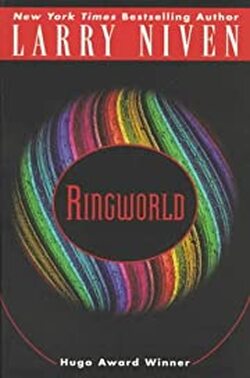 The second book this week, and Book #17 for 2021, was "Ringworld" by Larry Niven. This was one of those books I bought years ago and kept waiting for the perfect time to read. Given the influence this book had on science fiction since its debut in 1970, my desire to ensure I was "ready" is understandable. Unfortunately, there really is no good time to read Ringworld. The book was sexist and in some cases just gross. There were latent and overt rape comments, and females without a purpose beyond sex. I have read a few books by Philip K. Dick and always went away loving the IDEA of the story without loving the story itself, as Dick is not much of an author. In a way, Ringworld left me with a similar feeling, except for the fact that Dick is a better author than Niven. (Granted that is not fair because my sample size of Niven writings is n = 1, but I do not recall any cringing when I read any of Dick's works.) Cycling Update: My individual rides are enjoyable, and I am happy with the distance I am logging overall. However, I have moved into a different mindset now, where a 10 km ride does not seem worth the effort. This issue I find now is the lack of time on most days to fit in a two-hour ride. In the last two weeks, I did finish the segment to Rosetown and almost made it to Saskatoon. I should be well on my way to Regina after this upcoming week, but as you can see from this image, I do not have a route planned past Saskatoon. Not a lot of fun facts on Rosetown on its Wikipedia page beyond the fact that its motto is "The Heart of the Wheat Belt" and there is an airport servicing the area that is apparently not significant enough to warrant an IATA code. New Beers: There were three new beers this week, but the Alley Kat one was a six-pack so do not let the low numbers fool you. Beer #764 was the Holsten Premium lager. I recently had Holsten's Festbock and Maibock, and both were better than this so-called "premium". This was a very thin lager with some active carbonation but no foam. Reminiscent of Budweiser. Draw your own conclusions from that comparison. (2.75 / 5) Next up and coming in as Beer #765 was the Mangolorian from Alley Kat. Combining mango and the super popular Mandolorian was a clever pun that should have not made it all the way to production. Mango is not a great adjunct for beer IMO, but even so, this suffered from not having enough mango flavor. Sorry Alley Kat - love you guys, but just not this beer. Rounding out the trio of disappointing beers for this fortnight, Beer #766 was the Glitter Bomb Hazy Pale Ale from Phillips. I should not be surprised about not liking a Phillips beer, given that I did write last summer about how underwhelming I find them. Glitter Bomb was overly foamy and tasted more like a glass of grapefruit juice than a beer. It was not terrible by any means and was the best of the three this fortnight by far, but it was not great either. New Words:
Two new words this week, both from the Johnson book on good ideas. expurgate [ˈekspərˌɡāt] VERB (expurgated)
obsequies [ˈäbsəkwēz] NOUN
Greetings from 53.5° north latitude after a summer-like week with temperatures in the 20s. Very nice, indeed, but of course, it is only May so days with cooler temperatures are an inevitability. Check out the weather forecast below - high of 8° on Wednesday. That is not much warmer than an average refrigerator. On the slate for this week is a Chinese work ethic slogan that I had not previously heard of, some comments on a book I finished this week, one of the "Biggar" milestones I will hit in my cross-Canada virtual cycling tour, seven new beers, and a single new word. First up, work in China. There is a consistent and pervasive macho and even masochistic work ethos in all technology groups that I have been involved in, and the people I know working in the larger technology hubs like San Francisco and Boston would echo my comments. Counter to that ethos is a growing body of research pointing to the futility of long hours. The most prominent is likely the Stanford study that showed a marked decrease in productivity once a work hit 50 hours in a single week. There are also some firms advocating for shorter work weeks, as noted in this Harvard Business Review article. In addition, the Ryan Holiday book "Stillness is the Key", a book that I finished and commented on last week, argues that long and frenetic hours are completely counter-productive to long term innovation. Taken to the extreme, working long hours can seriously imperil your health and the Japanese even have a word specifically for "overwork death" - karoshi 過労死. Compare and contrast the research to the 996 model in China. 996 is shorthand for working from 9:00 to 9:00 (21:00), six days a week. 996 is not something I heard of before this week, but it it is not surprising. I do not think there is much difference in the success model of Jack Ma's Alibaba from Jeff Bezos's Amazon - work hard and long. 996 has come under criticism a few times. It seems that every two years there is renewed interest in the concept, and the interest does seem to be tied to deaths of workers. As reported in Fortune earlier this year, Earlier articles such as this 2017 Wall Street Journal article or this 2019 BBC Worklife article highlighted the issue. Forbes said in 2019 that China should move to a model of "work smarter, not harder". (No seriously, the article says that. Check it out - first paragraph, last line. That is such a cliché that countless images have been created with that phrase, but there is a point to the trope even if it seems incredible that it would be used in an article on Forbes.) Now one cannot downplay the incredible growth China has experienced and the vast proliferation of giant Chinese technology companies. I am also not downplaying cultural differences and how different individuals will assess their personal situations. I am merely arguing that this is not a sustainable model. But as long as there are enormous successes stories like Huawei or Alibaba are often the justification for such grueling hours. In the BBC article quoted above, Alibaba's Jack Ma is quoted that 996 "is a huge blessing" because that is how his success was possible. It is worth noting that this is not isolated to China. Pick any successful technology firm anywhere in the world and there is a good chance you will find the same mindset. Reading Pile: I was able to finish one book this week. Book 15 for 2021 was the thoroughly enjoyable "The Girl Who Could Move Sh*t With Her MInd" by Jackson Ford. This story about a young lady trying to live a normal life while burdened with psychokinetic powers had a few stunning twists and multiple out-loud-gasp moments. I heard about this book from the weekly newsletter from Orbit Books and I am glad I did. I will definitely check out the other books in the series. Cycling Update: I was able to log 98 km in the saddle this week. I was planning on spending a couple hours this morning to crank out 40 km to close out two segments in the current leg, but instead I spent a couple hours riding 20 km of single-track and multi-use trail with my younger daughter. That is a perfect trade in my books. So this week I was able to close out the segment to Biggar, Saskatchewan. I visited Biggar with my family as a kid of maybe 10 or 12, and still remember the town sign saying "New Your is Big, but this is Biggar". I do not recall anything about Biggar beyond the sign, but Wikipedia has a few interesting facts. First, it is the birthplace of Sandra Schmirler, aka Schmirler the Curler, the skip for the 1998 Olympic Gold Medal curling team. Second, it was the closest urban center to where Coulten Boushie was murdered. Below is the updated progress chart. It is unlikely that I will finish the Lloydminster-Saskatoon segment in the upcoming week, but it is possible. New Beers: There are seven beers to log this week, but before you call for an intervention remember that is over two weeks since I did not enter any last week. I stocked up on singles from the local Wine & Beyond a couple weeks ago, and their selection of singles that I had not tried was pretty much limited to Germans. That will be obvious as you go through the list. Beer #757 was the Holsten Maibock. I still found this to have a bit of silky maltiness even though a maibock is supposed to be less malty and more hoppy. The high ABV did provide a strong taste, but overall this was okay. (3.25 / 5) Beer #758 was the Radenbach Classic. The guy at the checkout and my contacts on Untappd rave about this but I just did not see the appeal. There was only touch of sour, and a color like a brown ale. The long-lasting lazy carbonation was fun to watch, but the spiky booziness did not give it much flavor. (3.0 / 5) Beer #759 was the Paulaner Salvator Doppelbockbier. I really liked this one. It tasted like boozy chocolates, with a nice haziness, and very lazy carbonation. Quite a lot of flavor and color for a German beer. (3.75 / 5) Beer #760 was another Holsten, this one being their Festbock. I was hopeful that this would be better than the Holsten Maibock since it is supposed to be a traditional bock. Unfortunately, I liked it less than the Maibock. There was no carbonation, but it did have a nice color and was a bit caramelly. There was surprisingly little booziness for the ABV, but really not much flavor either. (3.0 / 5) Beer #761 was another from Paulaner. Their Munchner Hell Munich Lager had active carbonation, nearly zero foam, but also nearly zero taste. Well constructed, very easy drinking, but also boring and as a result I was disappointed after having their Salvator earlier. (3.0 /5) The only non-German beer to report on, coming in as Beer #762, was the Fernie Brewing Thunder Meadows IPA. This has lots of piney hops, a nice copper haziness, and a long-lasting foam. A solid beer. (3.25 / 5) Last up for the week and coming in as Beer #763 was the Schneider Weisse Aventinus Weizendoppelbock, or wheat double bock. Just like the Fernie, this was another hazy copper beauty but this was better. Almost sweet, and you can see the silkiness as it pours. High ABV, low booze burn. (3.5 / 5) New Words:
Just a single new word this week. axine [ˈakˌsīn] ADJECTIVE
Greetings from ... somewhere? For quite some time, I have opened this weekly blog with something in the vein of "Greetings from 53.5° north latitude". However, this week I became concerned that maybe I am not actually at 53.5°. Take a look at these different results. These first two come from a Bing search of "latitude of Edmonton". The image below comes from the same search term on Google. Which is the correct answer? One might be able to account for the difference between Bing and Google because, I don't know, Microsoft versus Google? That seems like a bad reason of course, but doing the math it becomes obvious the difference between 53.5461° on Google and 53.54624° on Bing is small enough to be ignored. (Assuming an average of 111 km as the distance between lines of latitude, this comes out to about 15 m of difference.) Both are clearly well within the city limits of Edmonton and the difference between the two is likely which side of the street you define the center of the city to be. To further confound the problem though, the reason I noticed this was because I launched Google Earth for the first time in quite a while and I noticed that 53.5° is nowhere near "Edmonton" when viewed via the lens of Google Earth. The image below is snapped from Google Earth with the latitude line layer overlaid for easy reference. Next I checked the Wikipedia page for Edmonton and from there linked to me to this page which linked various different references for the geographic location of Edmonton and has this handy image and table of information. Looking at this page, I realized my problem - I had mixed my units when comparing the various sources. The Google Earth image is shown in Degrees / Minutes / Seconds, or DMS. You can see from the image above that Edmonton is centered at 53° 32' as that latitude runs right through the downtown core. In Decimal notation, 53° 32' translates to 52.53°. So. Problem solved and lesson learned. Without further ado, greetings, and welcome from a confirmed 53.5° north latitude. This week's entry will be a bit shorter than it could be, mainly because I am writing this late on Sunday after having spent most of the weekend trying to sell a car via Kijiji. I will focus on the one book I finished, my cycling update, and the new words. The four new beers this week and writeups about skills, COVID, and cryptocurrencies will be carried over to next week. 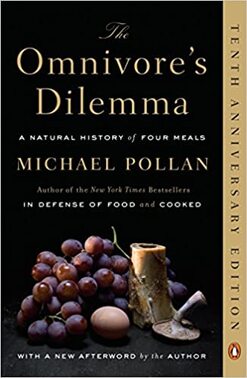 Reading Pile: I was able to finish one book this week, this one being the second book I have read by food writer and journalist, Michael Pollan. Book #10 for 2021 was "The Omnivore's Dilemmna: A Natural History of Four Meals". This was a book that terrified me with its descriptions of industrial food production. It was not descriptions of what happens in industrial scale slaughterhouses that terrified me, as terrible as that is, and neither was it the descriptions of the dietary impacts of cheap corn, as harmful as they are. No, it was the fear of the monoculture that modern agriculture supports that really scared me. If you have ever flown across the prairies in recent years, most of the farmland one can see at any point in a journey is of a single plant. In most cases around Edmonton, it is canola. In others it is soy and corn, with industrial corn production being the focus of much of Pollan's book. Concerns about monoculture were not new to me, but Pollan really highlighted the importance of the issue. The vicious cycle of a single crop that requires lots of fertilizer, with no ability for the soil to regenerate and no animals or insects to aerate, fertilize, and nurture it and help it thrive. In addition, modern agriculture is a volume game, so bigger seems better, meaning annoyance like hills and trees need to be removed, and there resulting barren landscape exposes the soil which becomes more vulnerable to wind erosion. Modern industrial agriculture, as pointed out by Pollan, will say this is fine because we can make the soil more viable by pumping more fertilizer into it. However, to use a word Pollan used several times, that is a reductive way of looking at the problem because fertilizer production requires lots of fossil fuels and therefore produces lots of greenhouse gases. 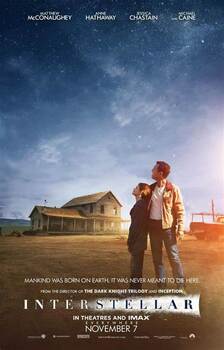 Interstellar (2014) Interstellar (2014) While reading Pollan's critique of industrial corn, I kept thinking about what we are doing to the planet and the image that kept coming was the farm scenes at the start of "Interstellar", and how Matthew McConaughey had to wear a mask to go outside due to the awful dust storms. Are we creating that inevitability of a dying planet that can only be saved by the sudden appearance of a wormhole, all because of a capitalist need for profits and a consumeristic need to constantly pay less for everything? We want more and we want it cheaper, and that is all that matters? (See this link for other entries about capitalism.) Pollan highlights one solution that might be an answer if not the answer, but it is radical in the extreme at least by what we think of today as conventional wisdom driven by capitalism. I will leave it to you as a reader to read about and analyze that potential solution yourself, as even if I had the time and space to summarize it here, I doubt I could do it as eloquently as Pollan did in his book. Suffice it to say that I think we should give the alternatives to industrial agriculture a significant amount of focus and brain power. Even if the current solutions are not globally scalable, they should be able to provide inspiration for ideas that may be. Pollan also wades into the ethics of eating meat. In my mind, eat meat or not, that is your choice. But I think his words in the following quote (page 405 from the paperback version of the book) are an interesting take on the subject. If there is any shame in that destruction (my note: of killing an animal), only we humans seem to feel it, and then only on occasion. But cooking doesn't only distance us from our destructiveness, turning the pile of blood and guts into a savory salami, it also symbolically redeems it, making good our karmic debts: Look what good, what beauty, cam come of this! Putting a great dish on the table is our way of celebrating the wonders of form we humans can create from this matter - this quantity of sacrificed life - just before the body takes its first destructive bite. Cycling Update: This was a really good week for cycling, and I did not even get a ride in on the weekend end. I hit 80 km by Friday in three rides and explored parts of the city that I may never have been to, and certainly have not been to since I moved here officially after university. I made it to Vegreville on my virtual cross-Canada cycling tour this week. Vegreville is a nice town, one that I spent a lot of time in when I was an independent consultant as I had multiple clients there. In the years since I stopped consulting, I have only been back two or three times, and with younger kids at the time, each visit to Vegreville required a stop by the pysanka. As per the Wikipedia entry, a pysanka is a decorated Ukrainian Easter egg decorated with Ukranian folk designs. Pysanka can be beautiful objects, and we have several in our house. An image search of Vegreville comes up with mainly images of the massive pysanka erected in Vegreville. Next up on the cross-Canada tour is Vermilion. I probably would have made it there this week if not for the Kijiji focus all weekend. I doubt I will make it all the way to Lloydminster this week, but that might happen if I can get four good rides in. The updated progress chart is shown below. New Words:
Just one new word this week, that being the first one. The rest are the last tranche of words from "The Splendid and The Vile" that I finished a handful of weeks ago. anhedonia [ˌanhēˈdōnēə, -hi-] NOUN psychiatry
astrakhan [ˈastrəkən, ˈastrəˌkan] NOUN
solipsism [ˈsäləpˌsizəm] NOUN
peroration [ˌperəˈrāSHən] NOUN
chaff [CHaf] VERB chaffing (present participle)
chary [ˈCHerē] ADJECTIVE
impetigo [im·pe·ti·go | \ ˌim-pə-ˈtē-(ˌ)gō , -ˈtī- \] NOUN
Greetings from 53.5° north latitude. The week was action-packed and full of suspense and intrigue. Or at least one good book, another local nature walk, a couple good beers, and a few new words. Before we get into the regular sections of the blog, there are a couple things worth noting.  Facial recognition software has really hit the news of late, with Microsoft, IBM, and others voluntarily pausing sales in the surveillance software in light of issues raised with police violence and the death of George Floyd. This followed the Privacy Commissioner of Canada and the provincial Commissioners in Quebec, British Columbia, and Alberta jointly investigating Clearview AI amid concerns of personal information being collected without notice or consent. It is unclear if or how the joint investigation will proceed now that Clearview AI has completely pulled out of the Canadian market. This will be an interesting and important story to continue to follow .  The second interesting item was in the recent Freakonomics podcast, "Remembrance of Economic Crises Past". Near the end of the podcast, Freakonomics host Stephen Dubner asks his guest Christina Romer about the particular US brand of capitalism. I found that a particularly interesting phrase to use, as it admits that there are different forms of capitalism and implies that the particular version in place in America might not survive. Here is the full quote of what he asks Romer. DUBNER: And let’s say that some of the changes that have happened thus far to travel, to live entertainment, to restaurants — basically all of them wiped down close to zero — let’s say that for a variety of reasons, they sort of stick, and that people don’t return to them, in in large numbers at least. Do you feel that the U.S. economy and our brand of capitalism is still set up to be as vibrant and nimble to adjust and for people to job-reallocate? Or do you worry that a lot of people in those industries, which employ millions of people, that they will essentially be adrift, perhaps for a long time, unable to reallocate into commensurate jobs? I wrote a lot about capitalism in 2019, and a lot of my readings dealt with the concept of post-capitalism. In 2019, a lot of people on the outside of mainstream were struggling with the rules of the game associated with capitalism. Now in 2020, a lot of people that are solidly in the mainstream, see Dubner above, seemed to be are openly wondering if the intellectual ruminations of a year ago have actual credence. If they do, we are about to enter a very interesting period in history. And lastly, since travel has been curtailed due to COVID, a lot of people are spending more time close to home. As a family, we have always been fairly comfortable with staycations, but this year we are definitely trying to make the most of the local nature scene. Enter the Alberta Discover Guide. This free guide is usually something I pick up when I buy my fishing license for the year, but this year it has become a valuable source of new locations to visit. The Guide lists over 150 sites in the Edmonton area alone, and I would be surprised if we have previously visited 25 of them. Yesterday we visited the John E. Poole Interpretative Wetland and Boardwalk. This was a great location for a quick walk to get out into nature and see a lot of birds including Barn Swallows, Coots, and Ruddy Ducks. If you live in Alberta, grab a copy of the Guide or the corresponding mobile app, and get out and explore nature in your area. 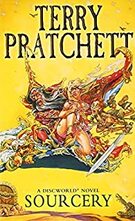 Reading Pile: I suggested last week that I might actually finish a third book before the end of last week. Alas, that did not happen and so that book became the only book I finished this week. Book #26 for 2020 was "Sourcery" by Terry Pratchett, the fifth book in the Discworld series. This might have been my favorite book in the series so far, mainly because I have become fond of the bumbling Rincewind. Getting into any part of the plot will be difficult without this post being a total spoiler, so I will just comment that it was an enjoyable and quite funny book and that I continue to look forward to the rest of the books in the series. New Music: I'm going to try something different for a while when it comes to music. I have been creating weekly playlists in Tidal for my "Music Finds" and it occurred to me that I could share what I found on this site as well. My "Music Finds - Week of 06Jul2020" playlist includes new albums from Rufus Wainwright which seemed a bit to "show tunes"-y for me, one from a singer-songwriter named Margo Price that I really enjoyed, and a live album from Blossoms, which is a band that I hadn't heard of before but quite liked what I heard. New Beers: Two new beers this week, and they were both really good. First up was the Kasteel Tripel, a nice Belgian tripel. Really good stuff. Lots of flavor and aroma. The high ABV really didn't dominate the experience. (4.0 / 5) The second was a latest in the Dragon series from Alley Kat. If you have read this blog for any length of time, you know I'm a big fan of the Dragon series, and Enigma didn't disappoint. The Australian Enigma hops took a bit to get used to, but I definitely enjoyed the flavor and aroma once I did. Nice stuff once again. (4.0 / 5) New Words:
Just three new words this week. I have to admit that I'm sure the first one was some sort of pun or inside joke from Pratchett, but I did not get it if it was. geas [ɡeSH, ɡeSH] NOUN
refectory [rəˈfekt(ə)rē] NOUN
swain [swān] NOUN
Greetings from 53.5° north latitude, where it was well above freezing today, but of course all that means is that the puddles will freeze overnight. Still very little to show for the week now that I have worked 28 straight days without a break. The fatigue is really becoming a factor. Only a couple articles of note, and a couple beers. Hopefully there is more to report in the upcoming week. More on Capitalism: HBR published this article entitled "Is the Business Roundtable Statement Just Empty Rhetoric?" back in August, but it only came to my attention in the last week. I have written about capitalism a number of times on this site. This article highlights a potentially important shift in the ultimate purpose of a corporation. Shareholders have been touted as the primary concern for organizations for nearly fifty years. Shareholder primacy is the cornerstone of neoliberal economics. But now the Business Roundtable is shifting away from shareholder primacy to creating value for all stakeholders. Their one sentence mission statement states the promotion of the (American) economy "through sound public policies". This would be a significant shift for companies as it would require moving from a short-term to a long-term outlook. A move to focusing on results through sound public policies would force companies to do more than just make money. It would put them on equal footing with society, which of course they are a part of, in finding solutions to today's big issues. ... the world faces enormous, thorny challenges that business is feeling: climate change, growing inequality (and awareness that these CEOs make hundreds of times more than their employees), water and resource scarcity, soil degradation and loss of biodiversity, and more. These issues require systemic efforts, cooperation, and pricing of those “externalities” (like pollution and carbon emissions) that business has been able to push off to society. The current shareholder-obsessed system is not fit for this purpose. Individual profit-maximizing businesses will not be incentivized to tackle shared global challenges. I'll keep reading more from the Business Roundtable group and will see if they have other information worth reporting. More on Huawei: Back in July, I commented on the security threat posed by Huawei and the Macdonald-Laurier Institute's push to socialize that threat. Last week there was an article in the Globe and Mail outlining how Canadian intelligence agencies could not agree on whether to ban Huawei equipment in the upcoming 5G communications networks. The article is unfortunately behind the Globe's paywall, The article highlights how CSIS wants to ban Huawei while the CSE says "robust testing and monitoring of Huawei's 5G equipment could mitigate potential security risks". Security is not easy. It is a constant battle of detect, respond, change, and repeat. The foes on the Internet are constantly forcing us to adapt and react. Forcing security teams to focus on testing the network infrastructure in addition to all the work that is required to testing what is running on the network is ludicrous. We don't have enough resources to do the work we need to do now. Adding to the workload is a bad idea. I am fully behind the position that CSIS is taking: ban Huawei now. 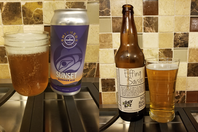 New Beers: Two new beers this week. The first was the Sunset Summer Ale from Smithers Brewery. I had their Hudson Bay ISA last week and this ale wasn't quite as good as that one. It had a bit of caramel nuttiness, low carbonation, and a high ABV at 5.5% for an ale. It was good all around but not exceptional.(3.25 / 5) The second was another Backalley Brew from Alley Kat. This was nice and light., with a little zip from some tangy carbonation. Tasty without screaming "pay attention to me". (3.5 / 5) No badges from Untappd this week. Greetings from 53.5° north latitude, where summer has finally arrived. Other than the arrival of some nice weather, the week was largely similar to previous weeks. Still good momentum on reading, lots of intensity at work, plus a great outing with some friends. Onward. Bring Your Dice To Work Day: Wednesday was our regular (to be honest, only semi-regular at present) lunch hour D&D game. We actually prepared via email over the previous few days, which was great because we were able to get right to it. Things were going pretty much as planned, and then Andrew, who is playing our extremely spiritual cleric, caught sight of the boss and hammered him with level 2 Guiding Bolt for 21 damage, which is pretty significant at third level. This was completely natural for the cleric to do, but completely unexpected, at least by me as a player. Andrew was complaining that his cleric was out of the action, and he timed his entry into the front lines of the battle perfectly. Some people might complain that he didn't stick to the plan and now we have to improvise. That would seem to miss the point of a role-playing game though. We had a friend roleplay a character for probably 30 sessions with a consistent internal burning hatred of those who cause suffering. As the boss walked out of his tent, Andrew had the opportunity to unleash his anger and fury directly at the source of so much suffering. It was like the cleric said, "Payback time, asshole!". We now need to figure out what happens next as the lunch hour expired as the Guiding Bolt spell exploded onto the boss's back. Looking forward to Wednesday. One last thing - one of our group pointed out that sending emails about "attack plans" on "September 11" might not have been our best move. No visits or inquiries yet at least. 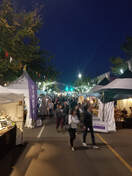 Kaleido: Edmonton is home to many festivals and one of our favorites is Kaleido. With the summer weather we had this week, meeting up with some friends on Alberta Avenue was a great time. Alberta Avenue is a long way from our home, physically and metaphorically, which means Kaleido gives us a great opportunity to see people, cultures, and a community that we don't necessarily interact with very often. The highlight of Kaleido this year, beyond the friends, food, and shopping was undoubtedly the performance of Circus Kalabente. These performers are insanely amazing to watch and are great people to talk to as well. Positivity, energy, athletics, music, signing. What an amazing show. Check them out if you ever get the chance. If you are in the Edmonton area, they will be at the Arden Theatre in St. Albert on April 28. Reading Pile: Before I get to the book I read this week, here is a picture of what I picked up at the local Find store (Find helps fund individuals and families getting furnished housing.) Pretty amazing for five bucks. I was able to start and finish "Ten Arguments for Deleting Your Social Media Accounts Right Now" by Jaron Lanier this week. It was a timely read as I have been debating doing exactly that for a while now. Here is what I said on this site earlier this summer about my personal move from social media sites: This blog, even if no one reads it, is my response to microblogging like Twitter or Instagram, and is based on the need to say what I want to say in a way I want to say it. If I want to write 1,000 words about the podcasts I listened to, then that's what I'll do, but not with ads inserted by some algorithm. If there is content I want others to know about, then I'll post it here. Do I need to collect entire profile data sets of everyone that reads what I write? What would I do with that? I'm not an advertising platform like Google or Facebook, so I have no need for that. I suppose at some point the need to pay for the infrastructure becomes enough of an impetus to start to look for ways to "monetize". However, maybe the old tip jar model from years gone by or the patron model that is popular these days will be enough. Even if that ever becomes the case, I still can't see what benefit either I or my readers would get from them sharing a full profile of their personal information with me. Lanier picked up on my sentiment when he talked about how social media turns us from individuals feeling and thinking as Self and instead thinking of the Pack. Classic us versus them thinking ensues - the other must be wrong, because we are undoubtedly on the side of good and right. Lanier says: Collective processes make the best sense when participants are acting as individuals.
What if listening to an inner voice or having a passion for ethics or beauty were to lead to more important work in the long-term, even if it measured as less successful in the moment? What if deeply reaching a small number of people matters more than reaching everybody with nothing? Finally, tying this book back to what I have written around capitalism, Lanier sums up how wrong it is that the social media giants are using data we give them to make bucket-loads of money while then forcing the gig economy and financial insecurity on to the masses. What we call AI should never be understood as an alternative to people, but instead as a mislabeled new channel of value between real people. The business plan of (social media) is to sneakily take data from you and make money from it. ... I think companies should get rich if they make things people want, but I don't think you should be made less and less secure as part of the bargain. Capitalism isn't supposed to be a zero-sum game. 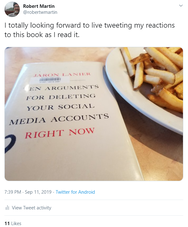 (And since I have not yet deleted my social media accounts, I couldn't help but tweet this out as I sat down to dig into the book.) New Beers: Two new beers this week. One from arguably one of the best breweries in Canada, and the other from arguably one of the best breweries in Canada. First was the Saint of Circumstance from Collective Arts. Clean taste, nice citrus. (3.75 / 5). That got me the Rising Steady (Level 57) badge on Untapped for beers with less than 5% ABV, and the Hopped Down (Level 32) badge for beers with an IBU under 20. Second was the Five of Diamonds pilsner from Blindman. If you have ever gone fishing in Canada, chances are you used a lure from Len Thompson out of Lacombe, which is down the block from Blindman. The Five of Diamonds lure is the quintessential Len Thomspson lure, and I probably have a half dozen of them in different sizes and color combinations. In fact, I even wrote about this lure previously on this site. Blindman and Len Thompson partnered up for this pilsner to raise money for fish restocking programs. As far as the beer goes, I quite liked it, and I'm not a pilsner fan. Really good stuff once again. (4.0 / 5) New Words:
Only two words this week, and at least one is a repeat. synecdoche [səˈnekdəkē] NOUN
censorious [senˈsôrēəs] ADJECTIVE
Hello from 53.5° north latitude as I sit in my basement on a 20°C day. Many times I feel that being outdoors is essential, and absolutely needed. Other days, like today, I'm happy to be in front of my monitor listening to the new album by The Raconteurs on Tidal. But I am getting ahead of myself. MH370: There have been several disasters in my lifetime that were so significant to have singular names: 9/11 of course; Challenger; Columbia, Air India, Columbine. MH370, the lost Malaysia Airlines flight that disappeared in March, 2014 is also on that list. As that mystery unfolded, I was stunned by how little I knew about that part of the world. For example, that India was totally north of the equator, and just how unimaginably vast the Indian Ocean is. Reading the article on MH370 released on The Atlantic this week brought back a lot of those thoughts. No wonder authorities didn't know where to look. And no wonder they didn't find any debris for years. But I also had little appreciation for the level of cover-up and incompetence on the investigation. Bitchy flight attendants and extra charges for checking luggage on North American domestic carriers don't seem so bad all of a sudden. Getting back to MH370, the article supports the theory that the senior pilot acted alone and killed all souls on board with apparent ease before plunging the aircraft into the ocean. The fact that a single actor, a trusted actor at that, could doom all of those people is frightening and it is easy to see how calls might be made for computer overrides or remote interactions. However, thinking about the computerized corrections made on the flight trajectory on the Boeing 737 Max aircraft quickly highlights how reliance on a single control is not feasible. Checks and balances are important. If the pilot was depressed and was harboring suicidal thoughts, the checks and balances in the system needed to identify the risk and get the pilot help before being allowed to fly again. But it appears that the system was flawed, and the culture in Malaysia Airlines and the Malaysian government stifles any willingness or ability to learn from that mistake to prevent future similar disasters. The article is a long read, but it worth the time. More on Capitalism: The reading pile has contained much on capitalism lately. To be more accurate, the general thesis seems to be that capitalism can and could be a force for good across the world, but that neoliberalism is a failed idea that needs to be replaced. Click on "capitalism" in the Categories section of this blog for the full reading list. The most recent read on this theme was "The Future of Capitalism" by Paul Collier. Keeping with the idea that neoliberalism was flawed, Collier highlighted point solutions that have had limited or local success. I suppose these were ideas that the reader was supposed to derive inspiration from. However, the book was not particularly giving of solutions, and certainly didn't provide a blueprint for going forward and these point solutions were not presented as an actionable whole. The book did have merit though. One idea that really struck with me were the two scenarios to describe the concept of agglomeration (see definition below). Collier provided two thought experiments - one in which the people in a metropolis have different skills and different needs for housing, and a second where there is a metropolis that needs to rule of law. The punchline is that in both cases there are people that are wholly convinced they uniquely deserve their status and wealth. However, Collier's argument is that everyone, including the most productive, benefit greatly from agglomeration, i.e. the benefits of the critical mass provided to the whole. This might be the largest scale dismantling of the self-made man fallacy. Collier also proposed that shared reciprocity is the key to a civilized world. We do not need Economic Man, Collier posits, but a form of maternal concern for others. Specifically, he says "shared identity becomes the foundation for farsighted reciprocity". There are of course detractors and opposition. A quick search shows this article that calls Collier's ideas as "wrong" and "perplexing" and calls for more capitalism and even less of a role for the state in the market, and that there is a "false promise" of centrism. There are that many voices in the business community that act as a powerful lobby to demand unfettered access to the market. Collier tried to show how some state intervention is good and necessary. This is not the nanny state paternalism we have today, but again the maternal intervention borne out of a common desire to see everyone get the help they need. Collier's book wasn't great; in fact, it was a fairly tedious read. I do think though that it was an important read, and coupled with voices such as Ray Dalio who commented on the need to reform capitalism on 60 Minutes, and Bill Gates who recommended Collier's book on his Summer 2019 Reading list, it will be interesting to see if the voices promoting something other than raw capitalism will gain any momentum with their ideas. (3.0 / 5) Speaking of capitalism ... One of the books I read this week was actually one I started in 2007. How do I know that? Well, I was using the receipt for the book as a bookmark. Simon Winchester's "A Crack in the Edge of the World" was a great read on the 1906 Earthquake in San Francisco. Or maybe more appropriately, the 1906 San Francisco Fire, which some people in the day were trying to promote as the true menace. This was an attempt to tell the world that San Francisco would be fine in the future, because the devastation was due to human carelessness and poor planning which caused the fire to spread so far and fast. This was a direct attempt to make the earthquake - the natural and completely unknowable element - a minor triviality. If the earthquake was only a minor element in the destruction of San Francisco, that meant that people could plan for fire fighting and building codes and quality construction, and voilà, money and people would continue to flow into the great city. What does this have to do with capitalism? As fate would have it, there was a presentation for a grand urban plan prepared and presented to San Francisco City Council literally the day before the earthquake. The plan called for fountains, and parks, and places to live and meet. As San Francisco regrouped and turned its focus on rebuilding, the businessmen, who were quite literally called the Downtown Business Men's Association, decried the plan, calling for "business" and not "parks and boulevards" to spark the city's rebirth. Who needs niceties and places for leisure? Business is all we need! Et cetera. This was a good enough book to keep it in the personal library. 4.5 / 5 As an added bonus, the book had a great graphic outlining the various geological eras in the last 545 million years. Reading Pile: I finished three other books in this last week. The first was "Infinite Detail" by Tim Maughan. This was a book about the end of the Internet era as we know it and what comes after. I really enjoyed this story, and was particularly impressed by how Maughan weaved between the Before and After story lines, and then how he ultimately brought them together. I think this is one of those books that are worth re-reading. 4.0 / 5 The next book finished this week was the third book in Terry Pratchett's Discworld series, "Equal Rites". This was an enjoyable and easy read, but wasn't quite as enjoyable for me as the first two in the series. Maybe that was because Luggage didn't make an appearance in this book. (3.0 / 5) The other "book" I read this week was "The Butcher of Anderson Station", the first short story of the Expanse series. Good stuff. Really short. It provided some nice background of who Fred Anderson is and how he came to the OPA. Really short stories like this are hard to rate, as their re-readability is pretty limited, but let's give it a 4.0 / 5. Total for the year is now 27 books, which for the first time in my life brings my forecast for the year to be over 50. That would be quite an accomplishment. Let's see how the rest of the year goes and if I can keep up the pace. The best Star Wars movie ever: Darth Vader always had the potential to be the scariest villain of all time. However, he seems more frustrated and conflicted than truly evil in the movies. That is absolutely not the case in the recently released unofficial short scene of the battle between Vader and Obi-Wan. The hatred and evil from Vader is palpable, and his power with the force makes the entire concept of Vader to be truly terrifying. 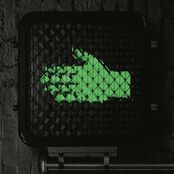 New music: In the intro, I mentioned the new album by The Raconteurs called "Help Us Stranger". This is a pretty good album, with the sort-of title track "Help Me Stranger" being quite awesome. I've listened to it a few times and I think it will grow on me. New beers: Big week for beer with four new brews this week. Well, technically three new with the fourth actually imbibed last Sunday after last week's post was posted. The beer from last week was the Volfas Engelman Premium Pilsner out of Lithuania. I quite enjoyed this one. (3.75 / 5) Then I had two beers from Banded Peak out of Calgary. The Mt. Crushmore pilsner was pretty good, but not as good as the pilsner from Volfas Engelman. (3.25 / 5). Their Plainsbreaker Hopped Wheat Ale was much better and was one of my favorite beers in the last few months. (4.0 / 5) Last on the list was the Lazy Days sour from Alley Kat. This one was made with passionfruit so it was somewhat sweet as well as quite sour. Good stuff again from Alley Kat. (3.75 / 5) A noteworthy stat from Untappd is the achievement I received for hitting Level 5 on Beer Connoiseur, meaning that I have logged in beers from 25 different countries. That means there are still have 171 countries that I have not had a beer from. It's good to have goals. New words:
Lots of reading this week, and therefore lots of new words. be·guine [bəˈɡēn] NOUN
ag·glom·er·a·tion [əˌɡläməˈrāSH(ə)n] NOUN
sa·lu·bri·ous [səˈlo͞obrēəs] ADJECTIVE
po·et·as·ter [ˈpōəˌtastər] NOUN
se·mi·ot·ics [ˌsemēˈädiks] NOUN
ful·some [ˈfo͝olsəm] ADJECTIVE
syn·co·pate [ˈsiNGkəˌpāt] VERB
cor·us·cate [ˈkôrəˌskāt, ˈkärəˌskāt] VERB literary
in·cu·nab·u·lum [ˌinkyəˈnabyələm] NOUN
de·port·ment [dəˈpôrtmənt] NOUN
a·poth·e·o·sis [əˌpäTHēˈōsəs] NOUN
an·o·dyne [ˈanəˌdīn] ADJECTIVE
pse·phol·o·gy [sēˈfäləjē] NOUN
e·lide [ēˈlīd] VERB
ma·ter [ˈmādər] NOUN BRITISH, informal, dated
pro·bi·ty [ˈprōbədē] NOUN formal
More on Capitalism: It seems most everything I read lately has to do with the failures of capitalism and what might and should replace it. When I mentioned that to my friend Mark, he sent me a link to a Boing Boing article quoting Joe Stiglitz calling neoliberalism a "failed ideology". This analysis is similar to my recent readings from Lapham, Fleming, and the 60 Minutes episode, as well as the Paul Collier book I am currently reading (more on that next week). Select the "Capitalism" category to find those articles. Stiglitz has an impressive number of books in his bibliography, if his message resonates. Speaking of Wealth: At a casual dinner this week for a retiring co-worker, he commented that the luxury of time to explore new ideas on one's own time frame is true wealth. Sage words.
The U.S. Has a Fleet of 300 Electric Buses. China Has 421,000: Is there much else to be said after a stat like that? Well maybe that the rest of the world combined has a total of 4,000 electric buses, so less than 1% of China. Crazy. The stats are from a May article in Bloomberg that I just read this week. On a local scale, ETS is in the process of purchasing up to 50 electric buses, which makes transit in Edmonton a player on the world stage if you exclude China. Reading pile: My consumption of books continues, with two more finished this week, and one I forgot to mention last week. First up on the list is "Red Queen" by Victoria Ayeyard, a fairly involved young adult-fantasy-adults are evil-only I can save the world novel. I started reading it to the younger daughter, but she lost interest, so after a number of weeks, I picked it up again and finished it off. Completely enjoyable, somewhat novel in concept, and good enough to read the next one in the series (because don't all of these type of books come in a series?). Second is Michio Kaku's "The Future of Humanity". Kaku is clearly intelligent and is able to convey complex ideas fairly simply. I guess I was hoping for more from this book given his pedigree. This book was interesting in parts, and it did present some suggestions on how humans could move from Earth to Mars and beyond, but there was little in the way of enthralling narrative or vision. The best part of this book was Kaku's description of a T. Rex as a walking mouth. Third is "Drive: Volume 2" by Dave Kellett. I love Kellet's work, and especially with Drive which allows his to tell a complex and interesting story and intersperse it with his oddball humor. I picked up Volume 1 and 2 via two of his Kickstarters, and am looking forward to Volume 3. The entire Drive comic can be read online on Kellet's site.
New words:
Surprisingly few new words this week, even though I read a ton. pil·lion [ˈpilyən] NOUN
towheaded [ˈtōˌhedəd] ADJECTIVE
twee [twē] ADJECTIVE BRITISH
Books, books, and more books: I have been reading a lot lately, which is directly related to my mental and emotional inability to force myself to work in the evenings anymore. What was previously part of my daily routine is now just beyond comprehension. Eight to nine hours during the work day is so draining that I have nothing left to give in the evening. My evenings are now spent with a good book. Or a so-so book as I'll explain shortly. Life is better with books, even the so-so ones. 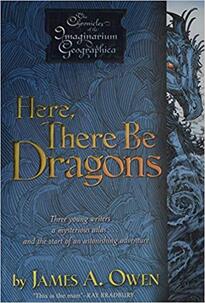 "Here, There Be Dragons" by James Owen was the first book completed this week. I read this with my older daughter, so this book was not read all in one week. This was an enjoyable story set in the later days of The Great War (WWI) that weaves together many of the literary myths of Western culture. The central artifact that binds the myths is a book called the Imaginarium Geographica which has been handed down through the centuries from some of the greatest figures in Western history. Losing the book means losing the world, and our trio of heroes do exactly that. There have been other books that taught me history while I have read them, such as The Baroque Cycle, but this was probably the first one that was consumable by a teen / Young Adult audience. Definitely worth a read, and definitely worth reading the second in the series. The next book completed this week was Petroski's "The Evolution of Useful Things" that I quoted from last week. This was a disappointment overall, and I'm not sure I would recommend it. The history of the paper clip and the stapler were interesting, and the first discussions on the US patent system were interesting, but repeated quotes from patent applications throughout the 20th century did little but bore me. However, there were two more quotes that are worth sharing. The first is an informal definition of engineering: … it is rather the art of not constructing: or, to define it rudely, but not inaptly, it is the art of doing well with one dollar, which any bungler can do with two after a fashion." The second quote from Petroski comes from the final pages, and is a good summary of one of the book's key points, namely, that perfection is a myth, and any assumption of perfection is completely subjective and strictly time limited. The real or perceived failings of product or process in the mind of a particular inventor are the genesis of the next idea or evolution of the current idea. What constitutes failure and what improvement is not totally objective, for in the final analysis a considerable list of criteria, ranging from the functional to the aesthetic, from the economic to the moral, can come into play." 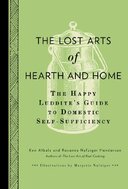 Moving on, the next book was "The Lost Arts of Hearth and Home" by Ken Albala and Rosanna Nafziger Henderson. This book was full of interesting tidbits and things to try, from a two sentence description of how to make homemade gnocchi, to a detailed description of sewing various articles of clothing. Plus, I learned that vinegar is really just sour wine, which in French is vin aigre. Mind. Blown. 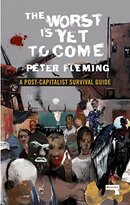 Finally, I read "The Worst is Yet to Come: A Post-Capitalist Survival Guide" by Peter Fleming. This was a quick read, clocking in at a bit over 100 pages, with fairly small pages at that. Fleming has nothing good to say about neoliberalism, but his "Survival Tips" at the end of each section are more summations than actual action steps. For example, saying that Donald Trump eating hamburgers naked in bed might be the antithesis of the path forward, but he does not provide any way of getting beyond that image. If Fleming is to be believed, the next generation is in for a historically oppressive shitshow, meaning that any preparation coming out of this book would be for the long game. Happy Birthday. Your gift is a messed up world heading for oblivion: The house was filled with pre-teens one afternoon this week in celebration of our older daughter's birthday. The collection of strong, confident, and intelligent young people coincided with me reading Fleming's dire predictions for the future. I could have, maybe even should have, been depressed for their future, and wallowed in my guilt over the waste of potential and promise. But one of the themes in Fleming's book stuck was the need to prepare, to find alternatives while we still can, and that stuck in my head as I watched the next generation laugh and interact. All of a sudden my job, my role, my reason for being became obvious. I need to do everything I can to hold on to the world and the values that we hold true so that we can hand them as much of a contiguous whole as we can. We have to hand them our values, our mistakes and learning, our histories, and our dreams for the future, along with the tools and supports they need so they can unfuck the world when they are ready. My generation isn't capable of unfucking anything, but maybe we can help our children's generation become the saviors we need. Bring Your Dice To Work Day (BYDTWD): My last day of guest DM'ing for our weekly at work lunch hour D&D session was this week. Matt Colville talks about how D&D is the perfect hobby because no matter what your creative impulse is, you can express it in the game. Writing. Crafting. Drawing. Hell, probably even knitting for that matter. For me, it is the writing and the acting. My thoughts now move on to curating my own group. Age, gender, background are all irrelevant for the group, but mindset is essential. More RP than min-max. Combat is only a part of the game. Ability to commit to email sessions, and long sessions preferably in person. Consistent play times. Supportive of others. Interested in the story more than the loot. But how do I find these people? Advertise on Kijiji? This is something that will need more thinking. Idiot? Me?! I suppose I brought it on myself to an extent. I don't change into crappy jeans and a t-shirt if I have to go to a place like the Lawnmower Hospital. I understand that I don't fit it there, but I needed a mulching blade for our mower and they don't sell those at the bookstores, comic shops, Henry Singer, Eddie Bauer, or anywhere else I typically shop. So excuse me all to hell for buying such a lightweight blade, which really should be excuse me all to hell for buying an electric mower in the first place. But really, did that guy need to mutter "Idiot" to me as I walked by? I can handle the comment, as I can ignore small-minded people. My concern is whether or not the comment was directed at me because he felt empowered to do so with the current political climate. If a white, middle-aged male can get trash talked, imagine the abuse an immigrant, a women, a person of color, a gay person, will have to endure as we hurtle into the abyss. Throwaway Text: She was friendly, fun to be with, energetic. Pretty, if I was being honest. I liked her and whenever our shifts matched up, I contrived to leave the fulfillment center with her. We would walk to the bus stop and wait in the dusk for our buses. 46 for her, and then the 95 ten minutes later for me. Sometimes we would skip the first buses that came by just so we could talk longer. After, I would sit on the bus and think about her all the way home. On the days I got to spend those precious few minutes with her, I wouldn't even notice the grime in my flat or smell the piss-filled alley it emptied onto. The world was just better on those days. That all changed the day she became a liability. It was clear that it was her third strike, but I never knew what exactly it was. Maybe too long in the bathroom. Maybe she broke something. Maybe they just didn't like how she hummed while she compiled the boxes of useless shit that the customers ordered. Whatever it was, she hit her third strike, and there was nothing we could do but watch. Third strikers were a liability to everyone around them, and I couldn't afford to have her take me down as well. They always made us watch when a third striker was escorted out. The hysteria, the crying, the near epileptic fits of panic. We saw it all. We knew what it meant. When the only job you could find was in a fulfillment center, losing that job probably meant you were going to be homeless. Or dead. Or worse. I looked into her eyes as she was pushed past the gathered crowd. Past me. Out the door. When she looked at me, I saw the pain and fear, but I also saw an understanding. She didn't blame me for not reaching out or helping her. She knew there was no point in me condemning myself as well. I had never felt so hollow, so pathetic. That night after work, I watched the 46 come and go. The 95 came and took me home. I noticed the grime and smell much more clearly that night. New beers: Five new beers this week, after none last week. First was Screaming Viking Lager from Odin Brewing in Tukwila, Washington. I liked it a lot, which says a lot since it is a lager. (3.5 / 5) Second was Odin's Gift Red, another offering from Odin. Good stuff again in a style I don't typically like. I'll have to search out more from Odin. (3.5 / 5) Third was the Millionaire Stout from Wild Beer Co. in Somerset, England. Really nice stuff, with the dense brown foam that I am fond of in this style. (3.75 / 5). Fourth was Fish Bone New England IPA from Alley Kay, a surprisingly high IBU beer without a huge amount of hops. (3.75 / 5). Finally, the Oldman Watershed Collective benefit brew from Phillips. That was a surprising kolsch variant with a lot of haziness. (3.75 / 5). All in all, a good week for new beers. New words:
Lots of new words this week, but that is to be expected when reading a book by a UK professor and another by Neal Stephenson. nixtamalization n ɪ ʃ t ə m əl aɪ ˈ z eɪ ʃ ən a process for the preparation of maize (corn), or other grain, in which the corn is soaked and cooked in an alkaline solution, usually limewater (but sometimes wood ash lye), washed, and then hulled. pu·ru·lent [ˈpyo͝or(y)ələnt] ADJECTIVE
a·poth·e·o·sis [əˌpäTHēˈōsəs] NOUN
prof·li·gate [ˈpräfləɡət] ADJECTIVE
mon·ad [ˈmōˌnad] NOUN
e·qui·poise [ˈekwəˌpoiz] NOUN
in·ter a·li·a [ˌintər ˈālēə, ˌintər ˈälēə] ADVERB
jer·e·mi·ad [ˌjerəˈmīəd] NOUN
sat·ur·nine [ˈsadərˌnīn] ADJECTIVE
di·a·lec·tic [ˌdīəˈlektik] NOUN
in·vid·i·ous [inˈvidēəs] ADJECTIVE
or·rer·y [ˈôrərē] NOUN
di·er·e·sis [dīˈerəsəs] NOUN
in·ef·fa·ble [inˈefəb(ə)l] ADJECTIVE
tau·tol·o·gy [tôˈtäləjē] NOUN
con·com·i·tant [kənˈkämədənt] ADJECTIVE
in·vet·er·ate [inˈvedərət] ADJECTIVE
per·ni·cious [pərˈniSHəs] ADJECTIVE
bod·kin NOUN
pri·va·tion NOUN
man·sard [ˈmanˌsärd] NOUN
with·ers [ˈwiT͟Hərz] NOUN
om·ni·um gath·er·um [ˌämnēəm ˈɡaT͟Hərəm] NOUN
pro·lix ADJECTIVE
|
Archives
April 2022
Categories
All
|

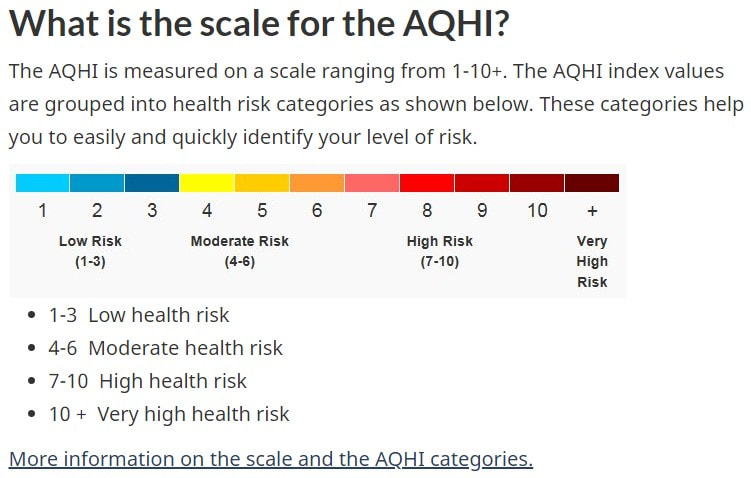
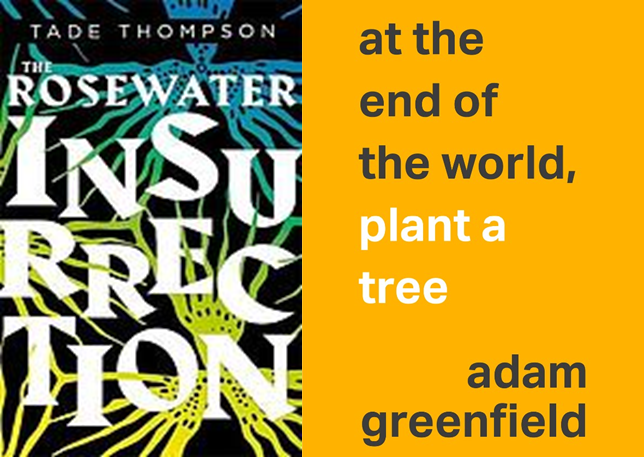
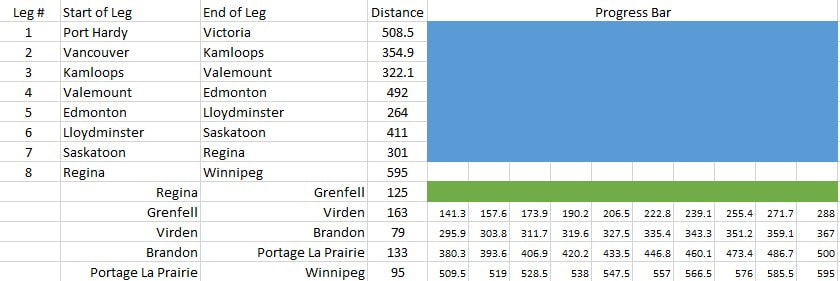
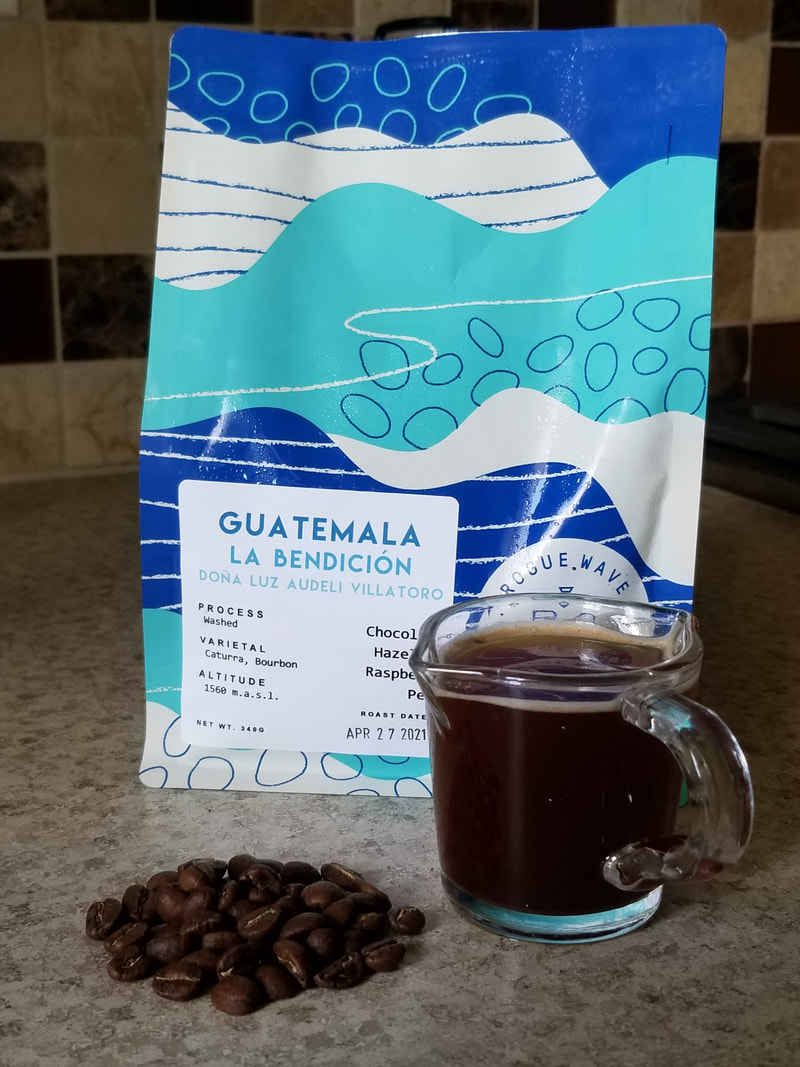
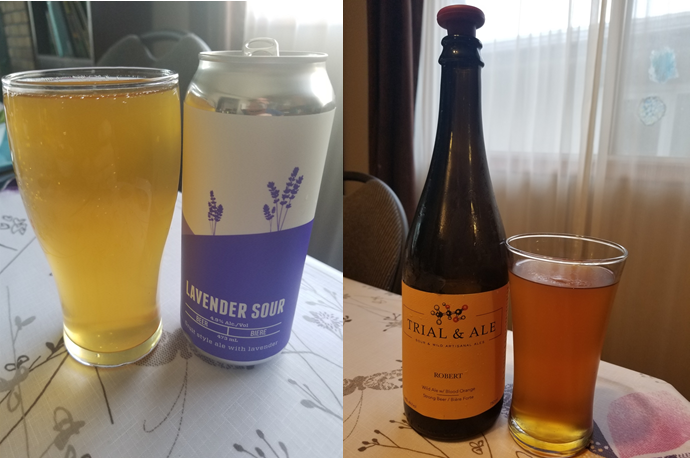
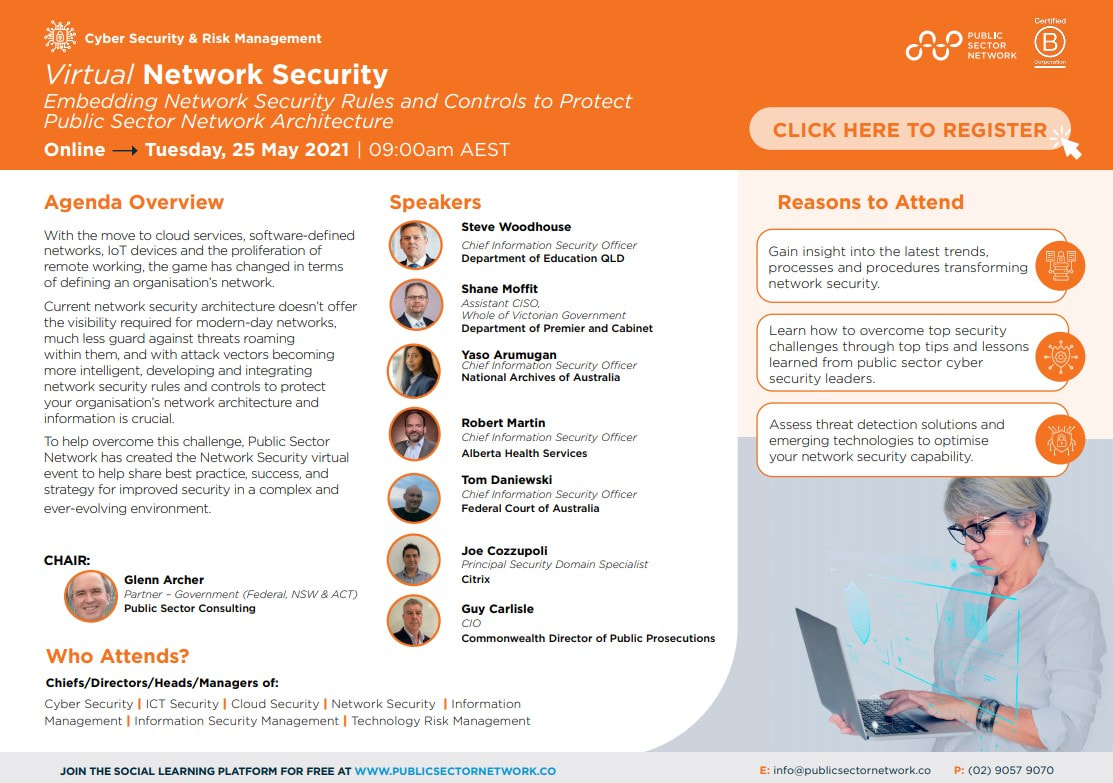
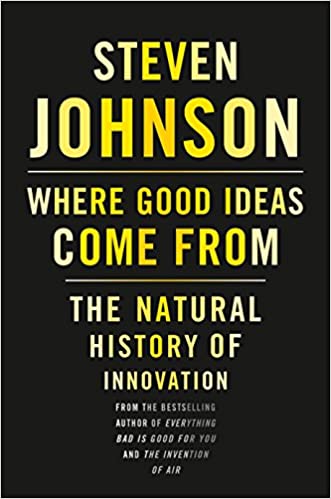

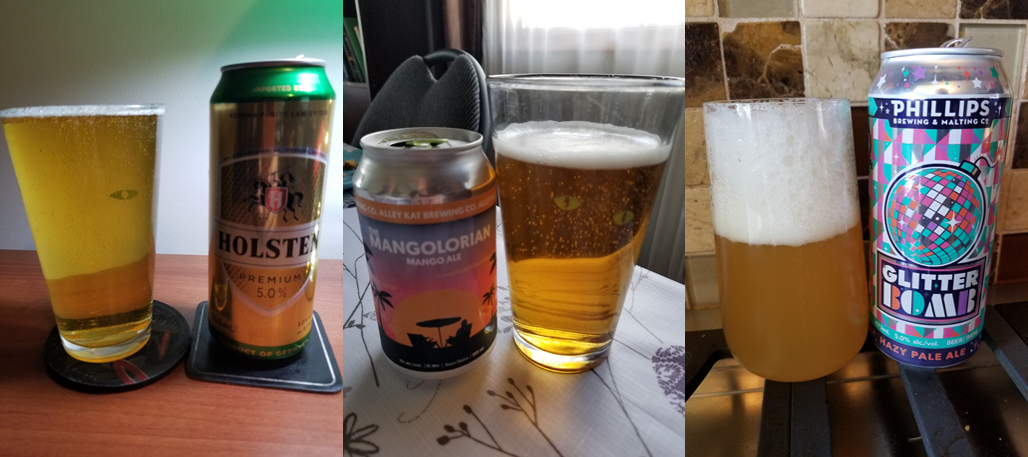
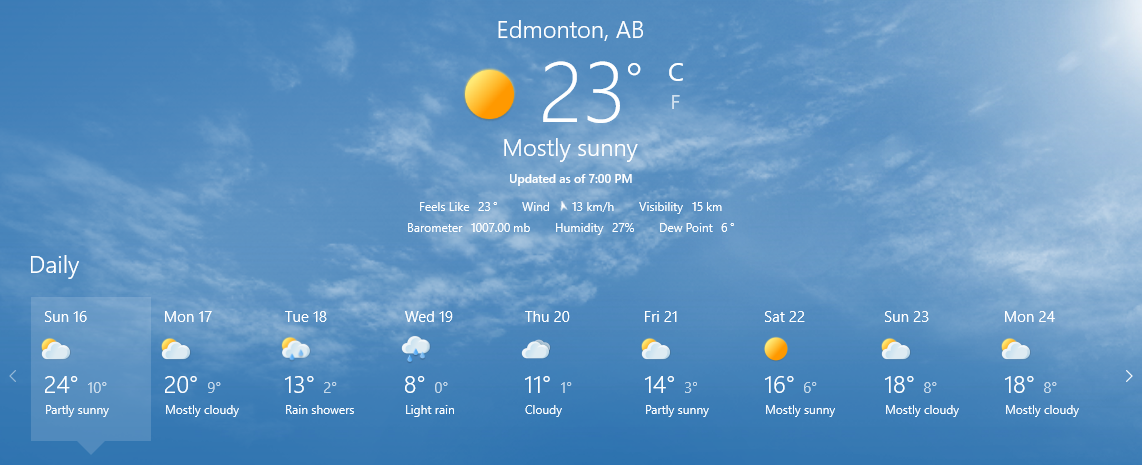
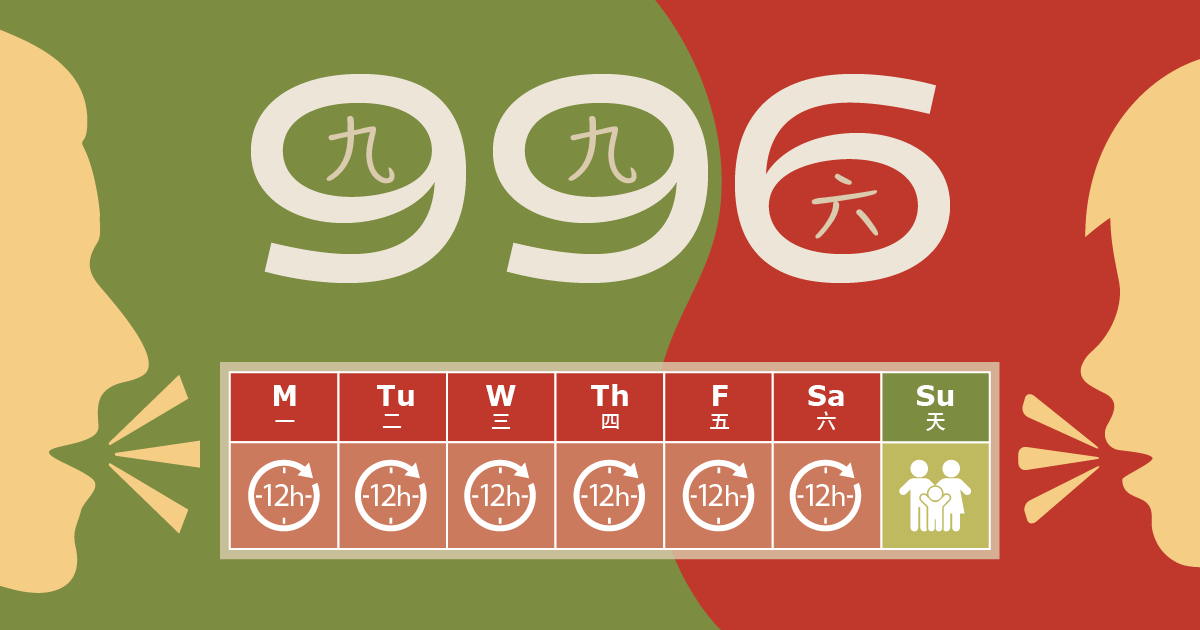
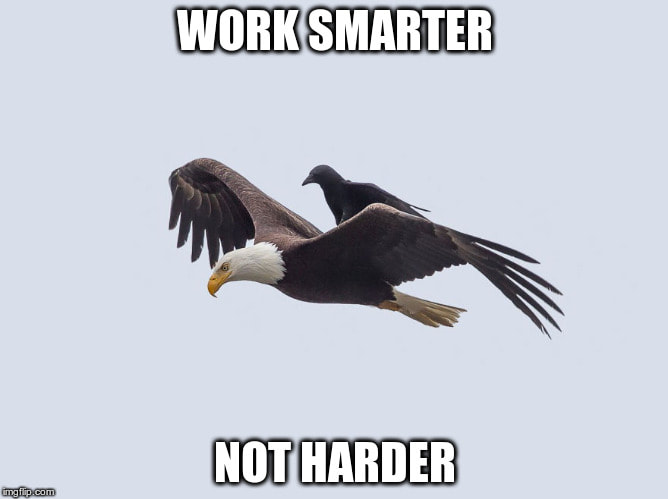
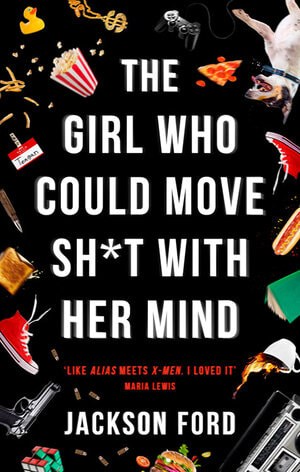




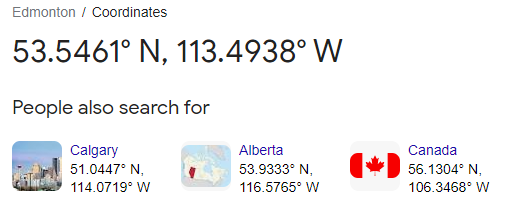






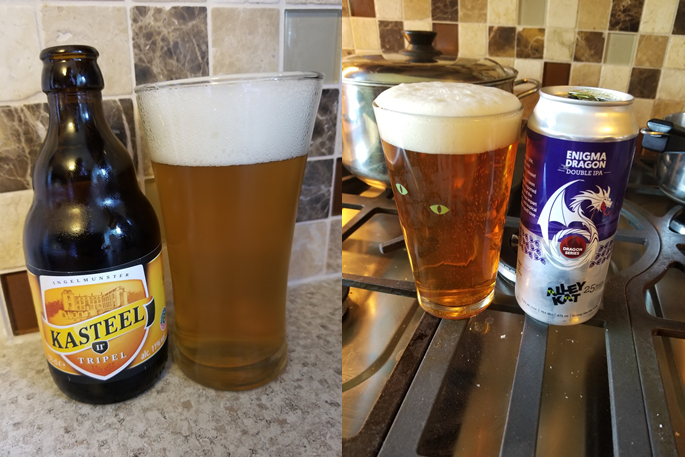
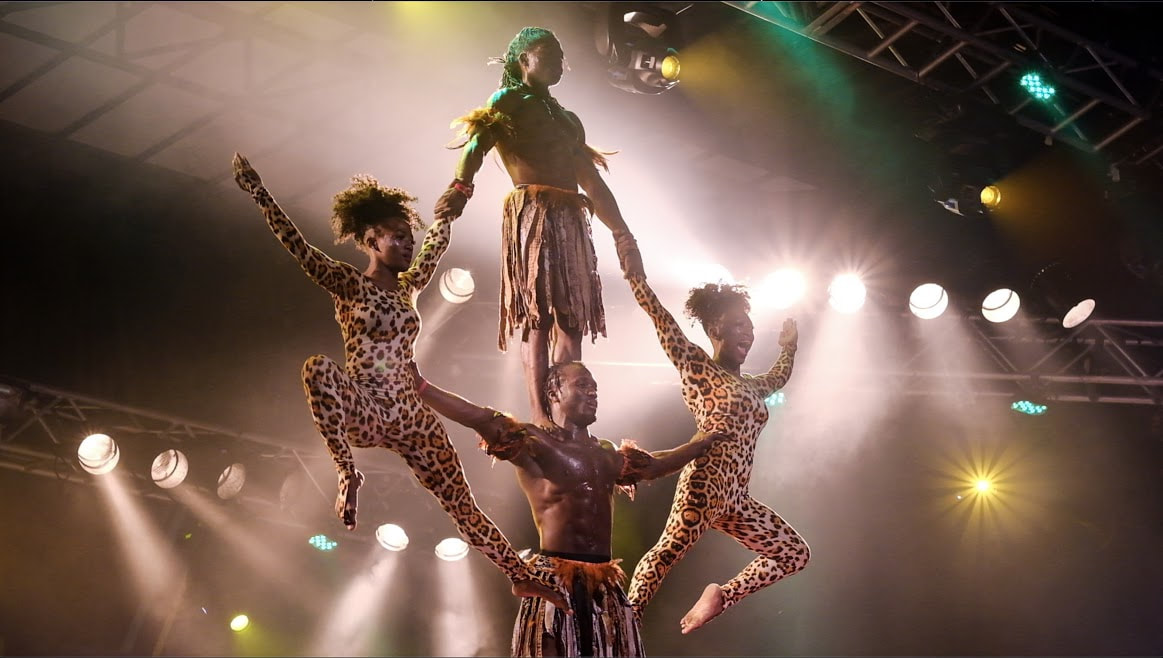
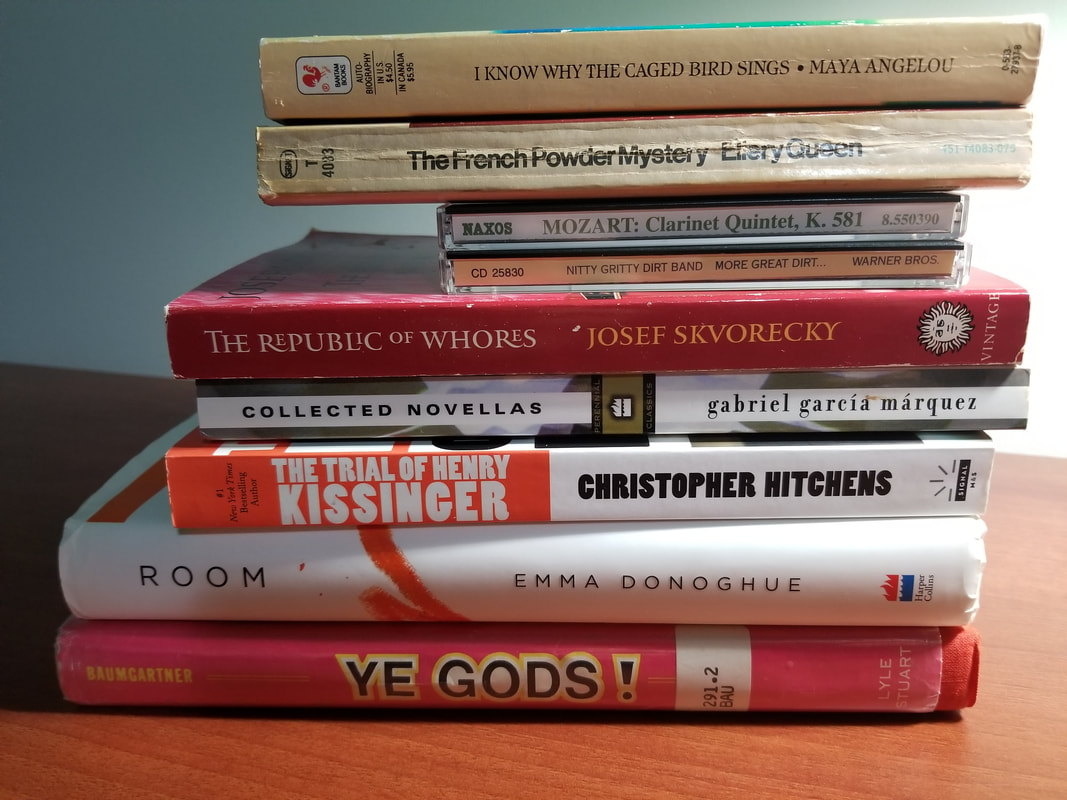
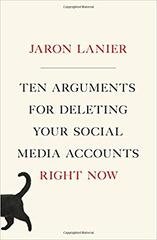


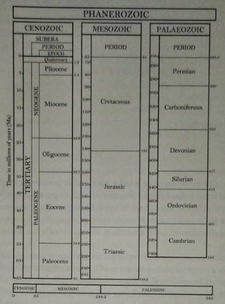



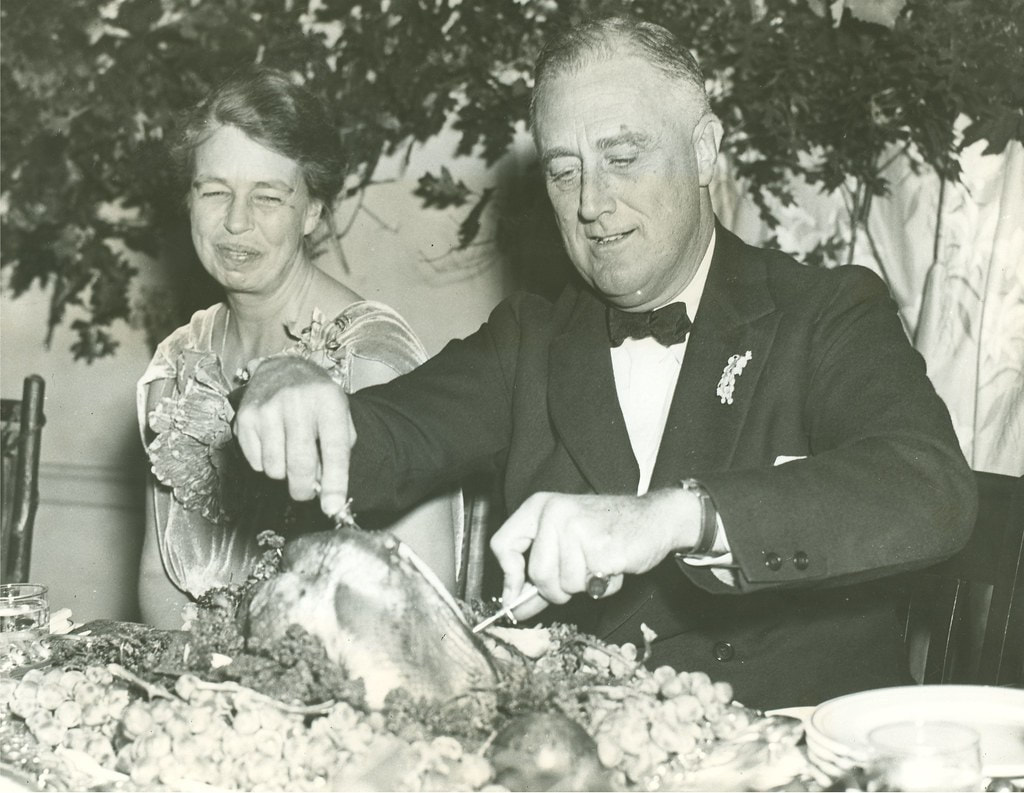
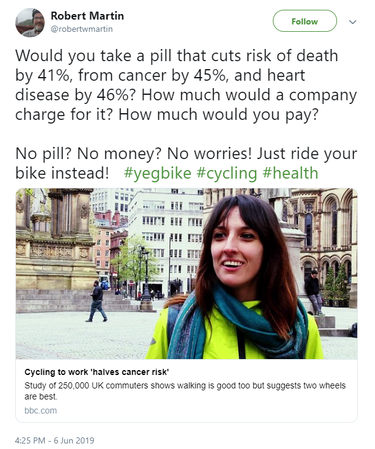




 RSS Feed
RSS Feed
